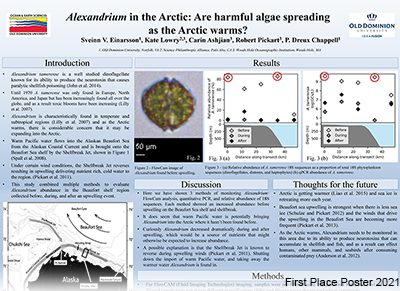ORCID
0000-0002-1988-0314 (Sakiotis)
College
College of Sciences
Department
Computer Science
Program
Computer Science Ph.D.
Publication Date
4-2021
DOI
10.25778/1tya-2d84
Abstract
Multi-dimensional numerical integration is a challenging computational problem that is encountered in many scientific computing applications. Despite extensive research and the development of efficient techniques such as adaptive and Monte Carlo methods, many complex high-dimensional integrands can be too computationally intense even for state-of-the-art numerical libraries such as CUBA, QUADPACK, NAG, and MSL. However, adaptive integration has few dependencies and is very well suited for parallel architectures where processors can operate on different partitions of the integration-space. While existing parallel methods exist, most are simple extensions of their sequential versions. This results in moderate speedup and in many cases failure to significantly surpass the precision capabilities of the sequential methods. We propose a new algorithm for adaptive multi-dimensional integration of challenging integrands for execution on highly parallel architectures. We avoid the common sequential scheme of adaptive-methods in favor of a high-throughput approach better suited for parallel architectures. Experimental results show orders of magnitude speedup over sequential methods and improved performance in terms of maximum attainable precision.
Keywords
Multi-dimensional, Integration, GPU, Adaptive
Disciplines
Computer Sciences
Files
Download Full Text (351 KB)
Recommended Citation
Sakiotis, Ioannis; Paterno, Marc; Terzic, Balsa; Zubair, Mohammad; and Ranjan, Desh, "Multi-Dimensional Numerical Integration on Parallel Architectures" (2021). College of Sciences Posters. 3.
https://digitalcommons.odu.edu/gradposters2021_sciences/3



